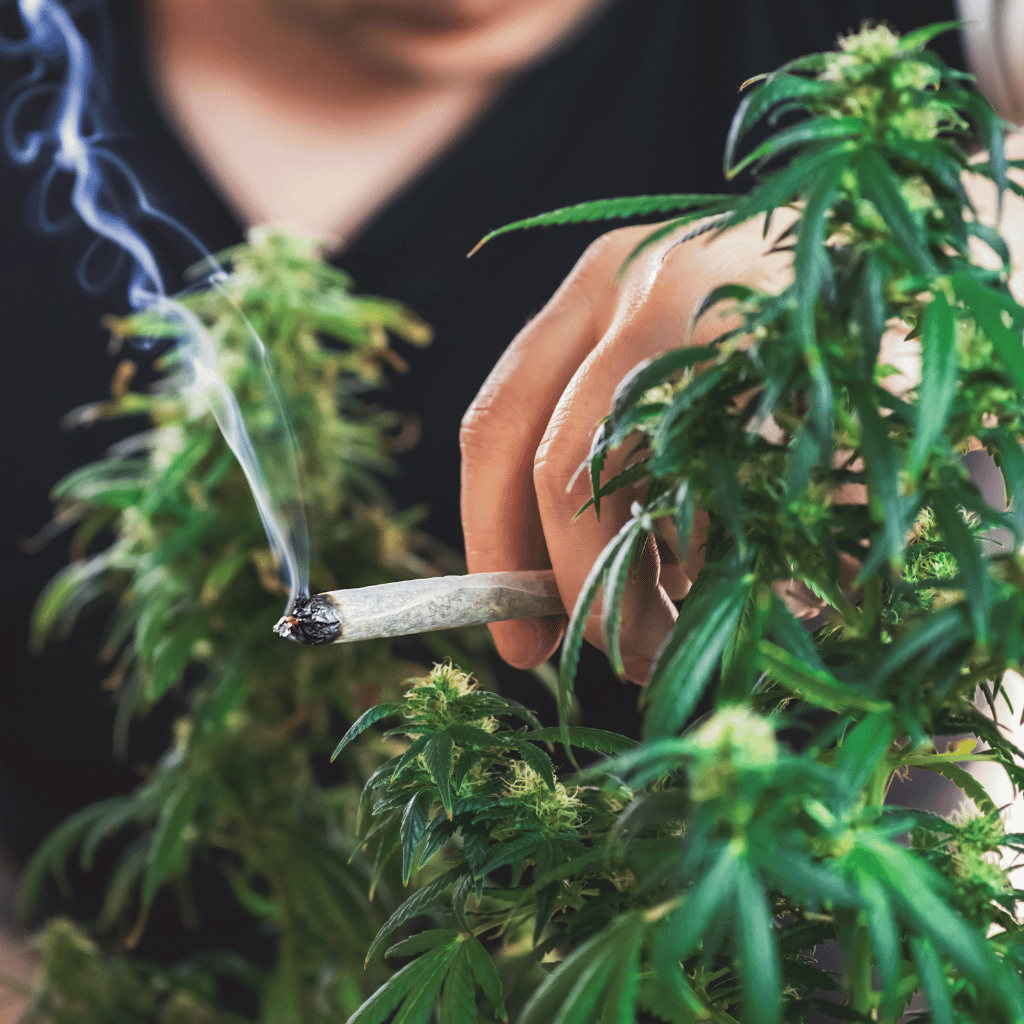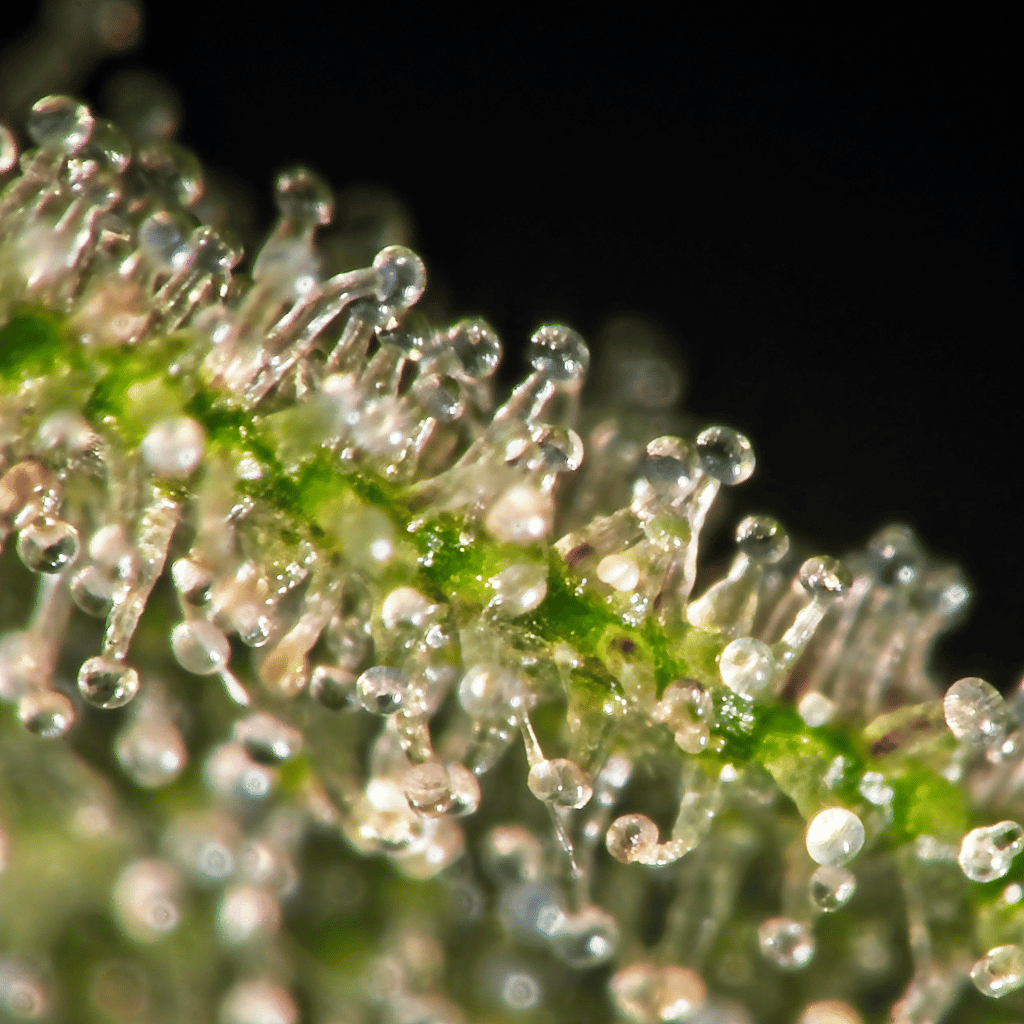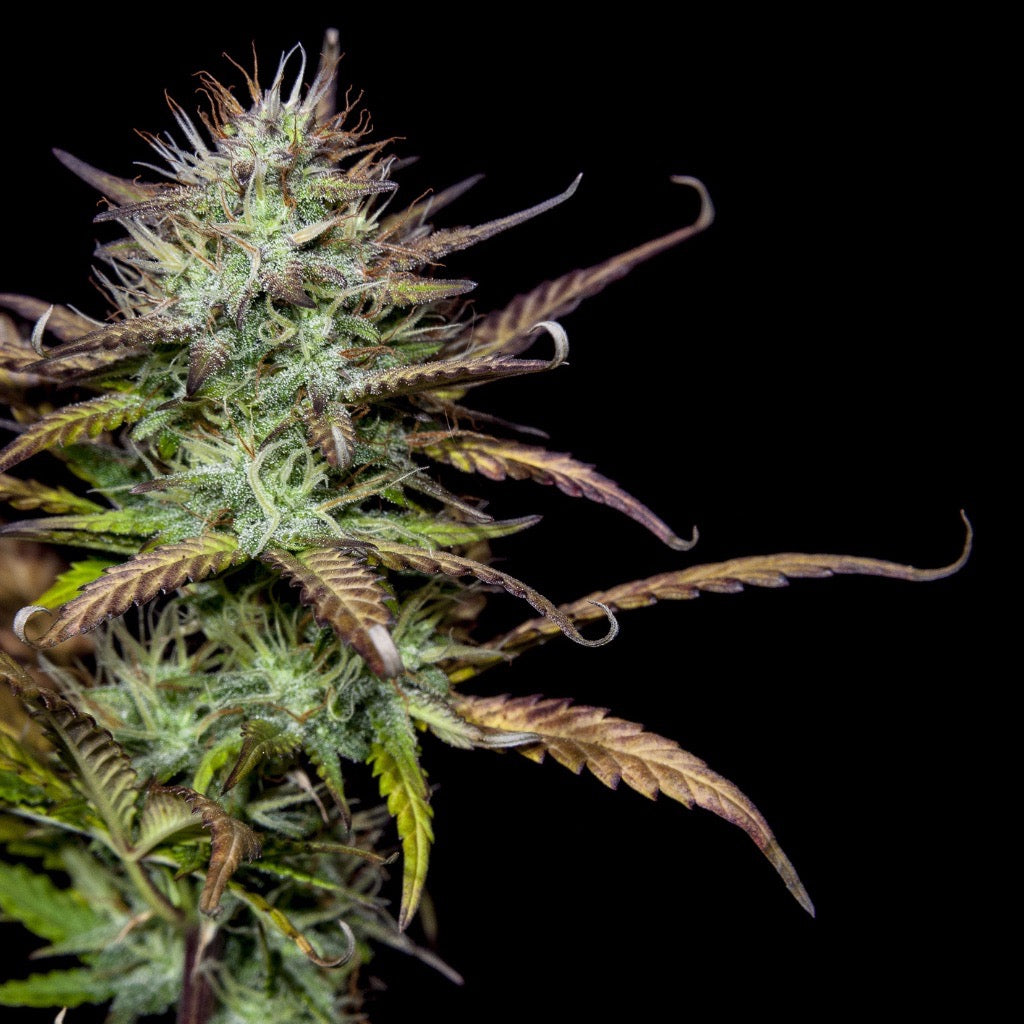THC: Consumer Experiences
THC, or tetrahydrocannabinol, is the psychoactive compound found in cannabis responsible for the characteristic “high.” Cannabis consumption, particularly THC use, is popular worldwide for both medical and recreational purposes. This article explores consumer experiences, factors influencing the effects, and how THC’s hallucinogenic properties shape the experience. By sharing these insights, we aim to provide a better understanding of cannabis use and its impacts.
Consumer Experiences: How Does THC Affect People?
The effects of THC vary widely among consumers. Many report positive effects, such as relaxation and euphoria, while others experience negative side effects, including anxiety or paranoia. The effects of cannabis, especially THC, are influenced by several factors that determine the individual experience.
Factors Influencing THC Consumption
1. Dosage:
The amount of THC consumed is one of the most critical factors. Higher doses often lead to more intense effects, such as stronger hallucinations and altered sensory perceptions. Conversely, smaller doses tend to produce more relaxing effects without hallucinogenic side effects.
2. Method of Consumption:
THC can be consumed in various forms, including smoking, vaping, edibles, or oils. Each method influences the onset and intensity of effects. For instance, consumers often report that edibles have a stronger and longer-lasting effect, while smoking cannabis provides quicker but shorter-lived results.
3. Physical Condition:
Health and individual factors such as weight, metabolism, and tolerance play a significant role in the intensity of THC’s effects. Consumers with higher tolerance often require larger doses to feel the same effects, while beginners may experience strong reactions even at low doses.
4. Experience with Cannabis:
Inexperienced users often report more intense experiences with THC, which can sometimes feel overwhelming. Experienced users, however, tend to manage the effects better and enjoy THC’s relaxing and euphoric properties without significant side effects.
5. Environment and Setting:
The environment where THC is consumed greatly affects the experience. A calm, familiar setting usually results in more positive experiences, whereas consuming THC in stressful or unpredictable situations may lead to increased anxiety or paranoia.
6. Cannabis Composition:
The strain and composition of cannabis also matter. THC interacts with other cannabinoids, such as CBD, which is known for its non-psychoactive and calming properties. Many consumers find that strains with higher CBD content provide a more pleasant and less hallucinogenic experience.
7. Expectations and Mindset:
A user’s expectations play a major role in how they perceive the effects of THC. Those with a positive mindset are more likely to have an enjoyable experience, while negative expectations can amplify feelings of anxiety.
Positive and Negative Experiences with THC
Positive Experiences:
• Deep Relaxation: Many users value THC for its ability to alleviate stress and tension.
• Boosted Creativity: Some users report that THC enhances their creativity and helps them enter a “flow state.”
• Enhanced Sensory Perception: THC often alters how people perceive their surroundings, making colors more vivid and music more profound.
Negative Experiences:
• Anxiety and Paranoia: Some users feel anxious or paranoid after consuming THC, especially at higher doses.
• Difficulty Concentrating: THC can impair focus and make it harder to think clearly for some individuals.
• Physical Side Effects: Common physical effects include dry mouth, red eyes, and an increased appetite, often referred to as the “munchies.”
Hallucinogenic Effects of THC
While THC is not considered a classic hallucinogen like LSD, it can produce hallucinogenic effects at higher doses. These effects may include distorted perceptions of time, altered sensory experiences, and occasional visual hallucinations. Consumers often report that such effects are more likely to occur with large doses of THC consumed via edibles, as these take longer to act and can feel unexpectedly intense.
Practical Experiences
Reports from consumers highlight how THC’s effects vary greatly based on the factors mentioned above. Some describe deeply relaxing and inspiring experiences, while others, especially those who consume too much or in stressful environments, report negative effects such as panic attacks. The wide range of experiences demonstrates that cannabis consumption is highly individual, and each user must find their optimal dosage.
Conclusion
Consumer experiences with THC demonstrate that cannabis consumption can produce a broad spectrum of effects – from deep relaxation to intense hallucinogenic experiences. The factors influencing THC’s effects include dosage, consumption method, and the user’s personal condition. Understanding these factors is essential to ensure a positive experience.




Leave a comment
This site is protected by hCaptcha and the hCaptcha Privacy Policy and Terms of Service apply.